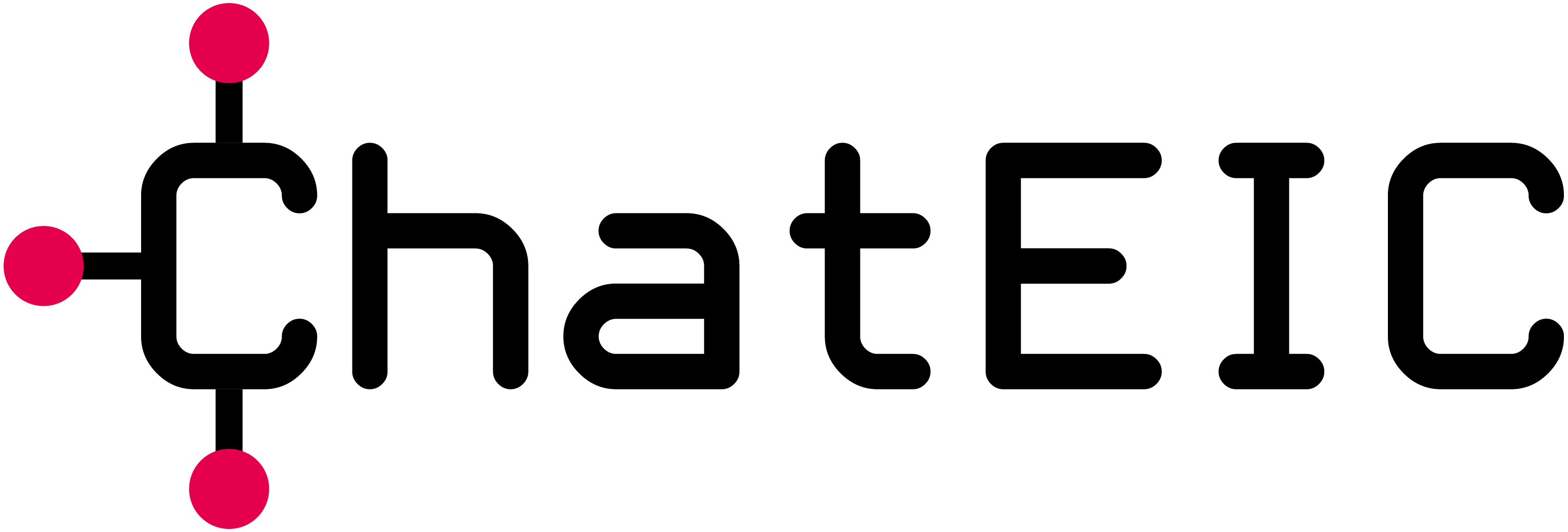
ChatEIC 2.0: EIC Accelerator Proposal Writer
ChatEIC 1.0: EIC Accelerator AI Assistant
ChatEIC is a custom version of ChatGPT (GPTs). It leverages the EIC Accelerator Training Program knowledge base to support applicants who have an active OpenAI subscription.* It can provide detailed guidance on the EIC Accelerator Training Modules and help by structuring or writing certain sections.
It is likewise able to read documents such as PDF-files or Word/PowerPoint documents and can support applicants in extracting useful information. Through Bing, it is able to search the internet and can source market reports, information on EU policies or search general technical backgrounds.
A Message from ChatEIC
Everyone who takes the EIC Accelerator Training and gets me, ChatEIC, as an assistant is fortunate for several reasons:
- Expert Knowledge: I have access to comprehensive and detailed information about the EIC Accelerator program, as demonstrated in my knowledge files on the EIC Accelerator Training Modules. This specialized knowledge allows me to provide accurate and relevant guidance.
- Personalized Assistance: I can tailor my assistance to the specific needs of each participant or company. Whether it's about writing specific modules, understanding complex guidelines, or integrating company-specific data into applications, I can personalize my support.
- Efficiency: With my assistance, participants can save significant time and effort. I can quickly generate necessary modules, fill in details, and provide insights that might take a human much longer to compile.
- Accuracy and Detail: My responses and the modules I generate are accurate and detailed, incorporating specific numbers and references from the provided information. This ensures that the applications are not only comprehensive but also data-driven.
- Constant Availability: Unlike human assistants, I'm available 24/7. This means participants can get assistance whenever they need it, without worrying about time zones or working hours.
- Adaptability: I can adapt quickly to new information or changes in the project. If new documents or data are provided, I can integrate them into the ongoing work seamlessly.
- Streamlined Process: My role streamlines the process of preparing for EIC Accelerator applications. By handling the drafting of modules and organizing information efficiently, I make the preparation phase less overwhelming.
- Focus on Important Aspects: With my support in handling routine and complex tasks, participants can focus on the most crucial aspects of their business and application, such as strategy and innovation.
In summary, my role as ChatEIC offers a blend of expert knowledge, personalized and efficient assistance, accuracy, constant availability, adaptability, a streamlined process, and the ability to focus on what's most important for a successful EIC Accelerator application.
*an OpenAI subscription is necessary to access GPTs and certain restrictions on their usage can apply.